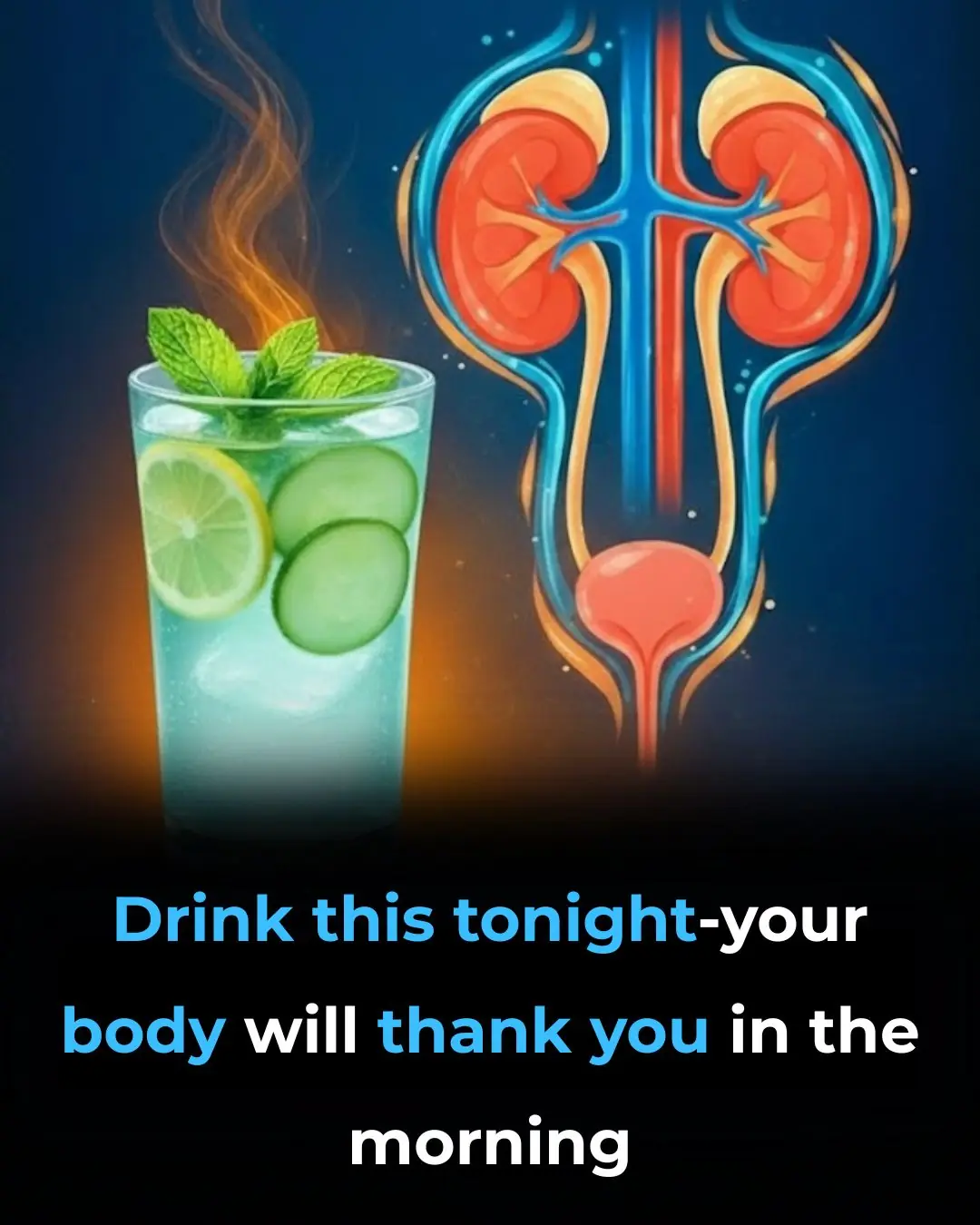
12 everyday habits that quietly raise your stroke risk
Many people assume that a stroke, or cerebrovascular accident (CVA), always comes with clear warning signs or only affects those with a family history. However, recent medical research paints a very different picture. Strokes can occur quietly and unexpectedly, sometimes in individuals who seem perfectly healthy.
Stress, loneliness, and anxiety are powerful forces that influence the everyday choices we make—choices that may appear harmless but can cumulatively increase the risk of stroke.
In this article, we’ll examine the 12 main habits that, if identified and adjusted in time, can protect your brain health and reduce your risk of stroke. Additionally, I’ll share three bonus factors that significantly impact stroke risk. Everything presented here is based on solid scientific evidence, and most importantly, you’ll learn exactly what steps to take in each situation. (Insights based on the expertise of Dr. Alberto Sanagustín)
Key Takeaways
Stroke risk is driven primarily by lifestyle choices, not just genetics. Remarkably, up to 80% of strokes are preventable through simple changes.
12. Living a Sedentary Lifestyle
How long does it take for sitting to become harmful to your brain’s circulation? Many think, “I work at a desk, so sitting is normal.” While this is true, the problem starts after only four consecutive hours of inactivity. Think of your blood as a flowing river. When you move, it rushes along cleanly, but prolonged sitting turns that river into a stagnant swamp. Your blood thickens, becoming more viscous, forcing your heart to work harder to pump it to your brain. Have you noticed swelling or heaviness in your legs after long periods of sitting? That’s your body signaling poor circulation.
Research increasingly shows that even short breaks to stand, stretch, or walk every hour can dramatically improve blood flow and reduce stroke risk. So, if your job demands long hours seated, set a timer to remind yourself to move regularly.
11. Poor Sleep Quality and Undiagnosed Sleep Apnea
Do you know the signs of sleep apnea? This condition involves brief pauses in breathing during sleep, often undiagnosed. Loud snoring, gasping for air, or reports from your partner about your breathing stopping during the night are red flags. Sleep apnea deprives your brain of oxygen repeatedly—imagine someone putting a plastic bag over your head for a few minutes, taking it off, and repeating the cycle. This triggers your heart to beat faster and your blood pressure to spike, damaging cerebral arteries.
Studies reveal that sleeping less than six hours or having untreated sleep apnea can triple your stroke risk. If you wake feeling tired despite sleeping eight hours, experience morning headaches, or find yourself dozing off during the day, it’s time to seek a sleep evaluation.
10. Consuming a Diet High in Hidden Salt, Sugar, and Processed Foods
Did you know that many processed foods contain triple the recommended daily salt without you realizing it? For example, a single can of “light” soup can pack over half your daily salt intake. Salt causes your body to retain water, increasing pressure on delicate brain arteries—imagine inflating a balloon inside your blood vessels.
When stressed or fatigued, many turn to convenient pre-packaged meals. While understandable, this habit risks excessive salt and unhealthy additives. A simple tip: if a food label lists more than five unpronounceable ingredients, avoid it. Instead, opt for whole foods like steamed vegetables, grilled fish, or homemade meals. Your brain will thank you.
9. Not Drinking Enough Water
Think about it: after 8 hours of sleep, you haven't had any water, yet your body still functions, sweats, and breathes. Where does it get its hydration? From your blood. This thickens your blood like soup left boiling on the stove, making it harder for your heart to pump and increasing clot risk. Dark urine in the morning is a clear sign of dehydration. The fix is simple—drink one to two glasses of water as soon as you wake up. This small act kick-starts circulation for the entire day.
8. Abusing Trans Fats and Unhealthy Refined Oils
What cooking oil do you use? Many default to cheap, processed vegetable oils like corn, soy, or canola oil. These oils, especially when reheated or used excessively, cause inflammation and damage arteries—imagine dumping motor oil into a crystal-clear river. By contrast, healthier oils like extra virgin olive oil and cold-pressed avocado oil support heart and brain health. Balancing omega-6 and omega-3 fatty acids is crucial; excess omega-6 from processed oils drives chronic inflammation and stroke risk.
7. Smoking and Tobacco Use
Smoking narrows your arteries and thickens your blood, increasing stroke risk. This applies not only to cigarettes but also to electronic cigarettes, often mistakenly considered safe. Think of your arteries as pipes; smoking is like pouring glue inside them, causing blockages. The good news? Quitting smoking significantly reduces stroke risk within months as your arteries begin to heal.
6. Excessive Alcohol Consumption
How much is too much? For men, more than two drinks per day; for women, more than one. Alcohol spikes blood pressure and raises the risk of both ischemic (blockage) and hemorrhagic (bleed) strokes. If your heart races or you feel unwell after drinking, your body is signaling danger.
5. Not Monitoring Your Blood Pressure
Hypertension, the “silent killer,” often shows no symptoms but quietly damages arteries over years. Nearly half of adults with high blood pressure are unaware of it. Regularly checking your blood pressure is a critical step in stroke prevention.
4. Ignoring High Cholesterol
Doctors may downplay mildly elevated cholesterol, but the real danger lies in oxidized LDL cholesterol, which triggers inflammation and plaque buildup inside arteries. This process narrows arteries and increases stroke risk. Genetics, chronic stress, and processed foods fuel this issue. If prescribed statins, continue treatment even if you feel fine; lowering LDL helps prevent damage before symptoms arise.
3. Poor Diabetes Management
Even if you’re not diabetic, high blood sugar levels can damage arteries silently. Think of sugar crystals scratching artery walls over time. If your hemoglobin A1c is above 6.5% or fasting glucose exceeds 126 mg/dL on repeated tests, you need to act. Managing diabetes requires lifelong lifestyle changes and often medication.
2. Undiagnosed Atrial Fibrillation (AFib)
AFib causes irregular heartbeats that create blood stasis in the heart, increasing stroke risk fivefold. Symptoms may be subtle, like occasional fluttering or palpitations. Smartwatches can help detect irregular rhythms, but diagnosis requires a doctor’s EKG. Anticoagulant therapy can reduce stroke risk by up to 65%.
1. Abdominal Obesity
It’s not just weight but where fat accumulates. Excess belly fat acts like a toxic factory releasing inflammatory substances that harm your arteries and brain. A waist circumference over 40 inches in men and 35 inches in women signals higher risk. This fat worsens other risks like hypertension, diabetes, and cholesterol problems.
Bonus 1: Chronic Stress and Gut Microbiota Imbalance
Your gut and brain communicate constantly through the gut-brain axis. Chronic stress and poor gut health—due to antibiotics, processed foods, or low fiber—trigger low-grade inflammation that harms arteries over time. Managing stress through breathing exercises, physical activity, and social support, along with eating fiber-rich, probiotic foods, can restore balance.
Bonus 2: Social Isolation and Lack of Purpose
Loneliness elevates cortisol, suppresses immunity, and fuels inflammation. Meaningful social connections are essential for brain health. Even a weekly call with a friend or volunteering can improve mental and physical well-being. Research shows social isolation is an independent stroke risk factor.
Bonus 3: Self-Medicating Without Medical Supervision
Common over-the-counter drugs, including painkillers and nasal sprays, can raise blood pressure or interact harmfully if used without medical advice. Review all medications and supplements with your doctor to avoid hidden risks.
In summary, understanding these habits and factors empowers you to protect your brain proactively. Stroke prevention is mostly in your hands, and small lifestyle changes can make a huge difference. Start today—your brain will thank you tomorrow.
News in the same category


Doctors reveal that consuming bananas at 11 am causes in
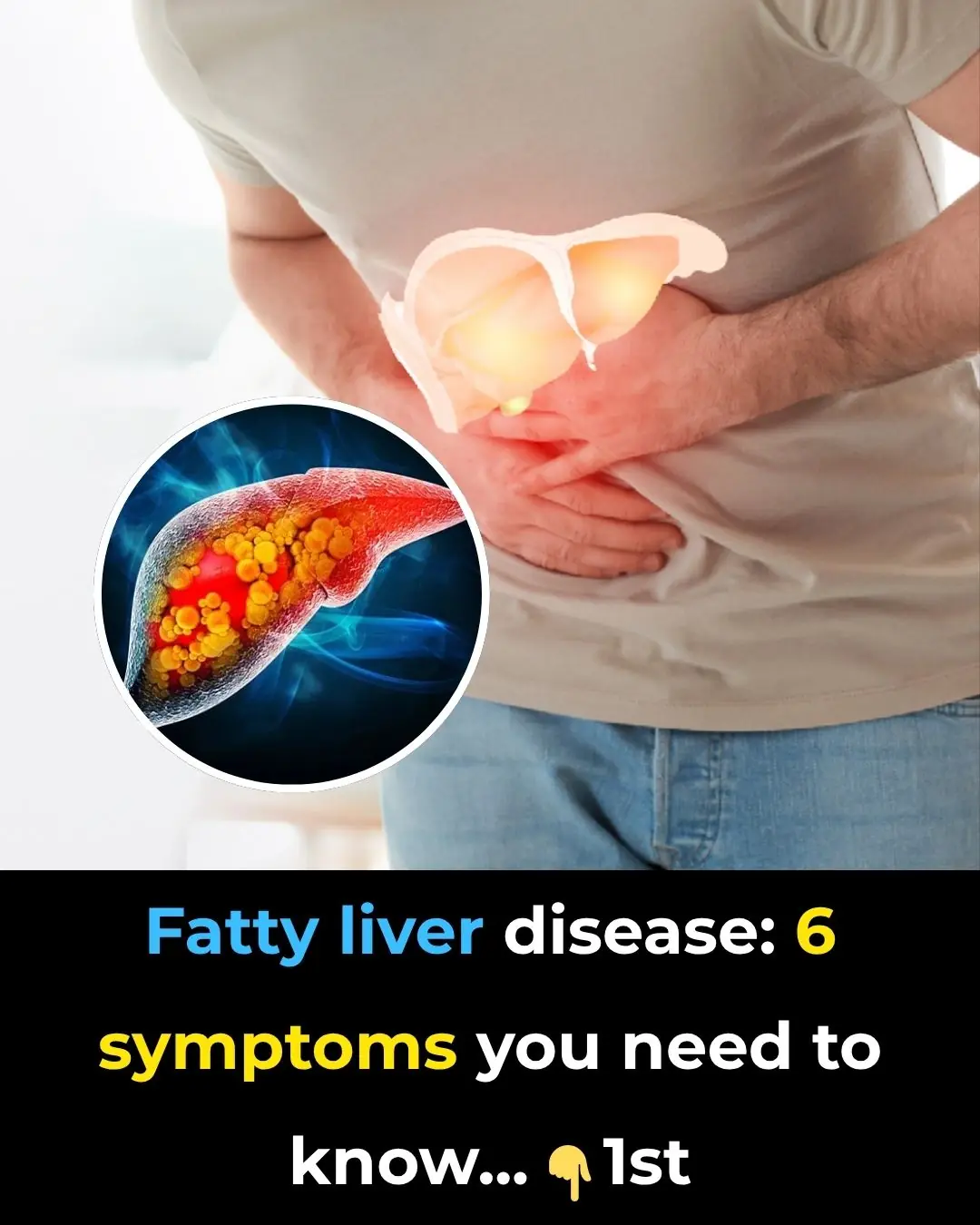
Fatty liver disease: 6 symptoms you need to know

The Mystery Behind Sudden Sharp Chest Pains Has Finally Been Solved
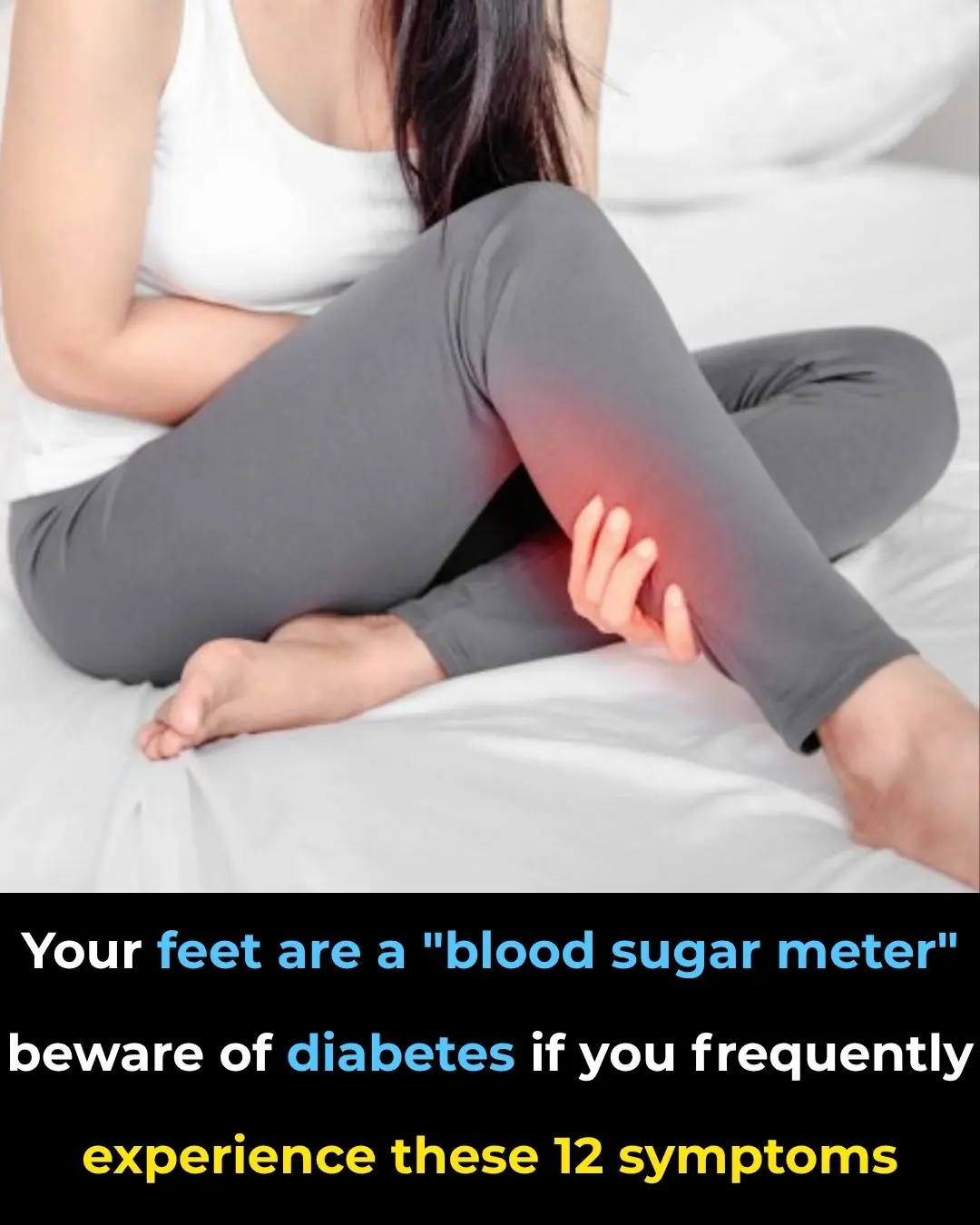
10 Unusual Foot Symptoms That May Indicate Diabetes

Eat This Seed and Watch Your Vision Improve — Especially After 60!
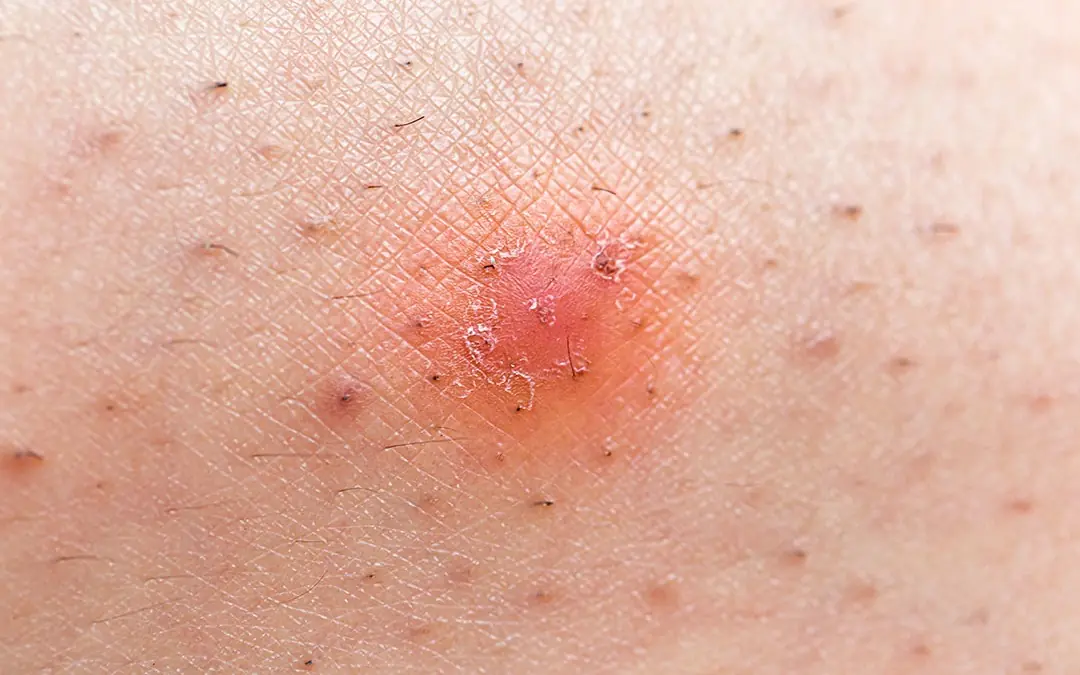
Why You Should Never Ignore a Bump on Your Inner Thigh and How to Get Rid of It
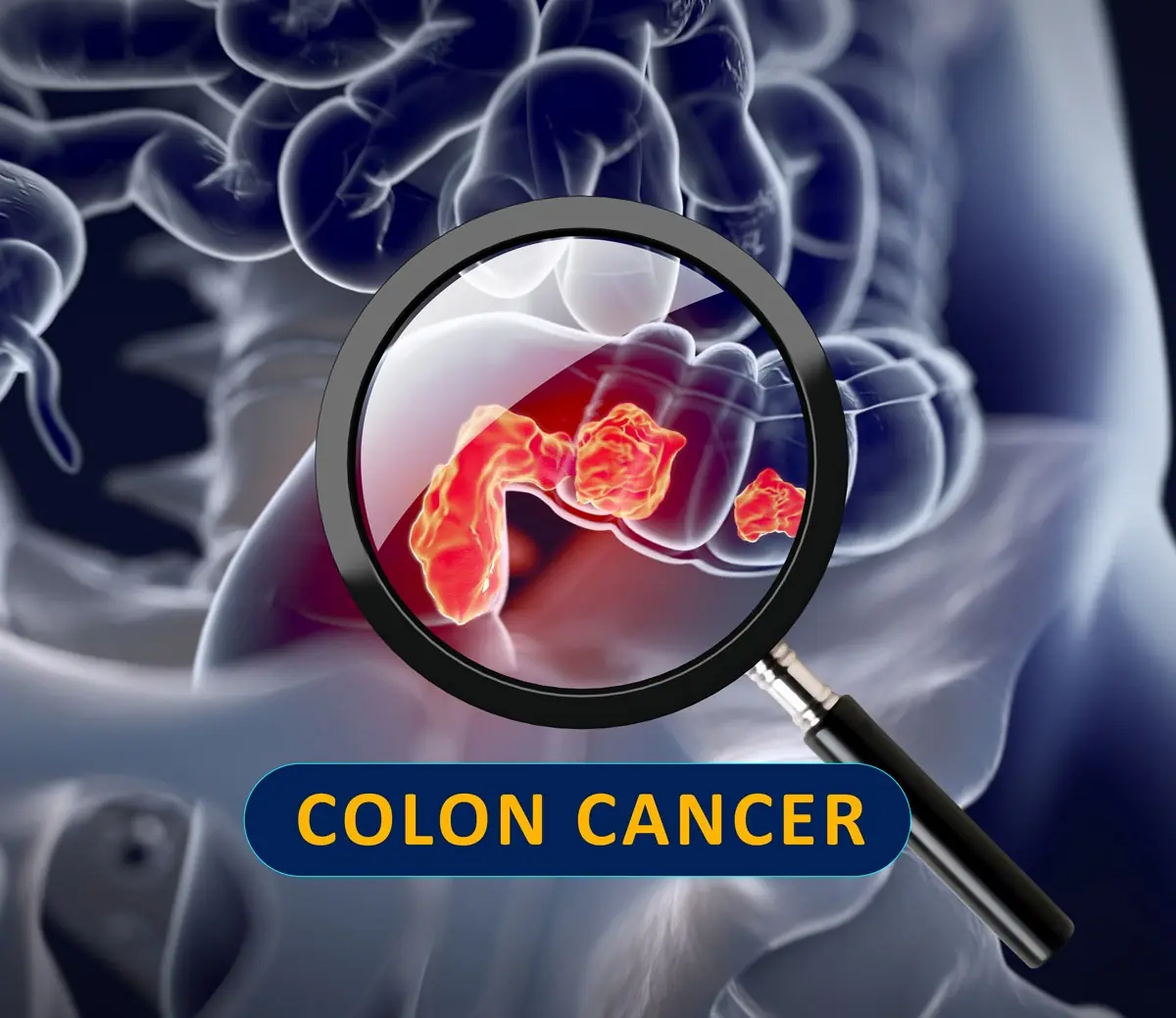
New Research Finds 40–50% of Colon Cancer Cases Can Be Prevented by Doing These Simple Things
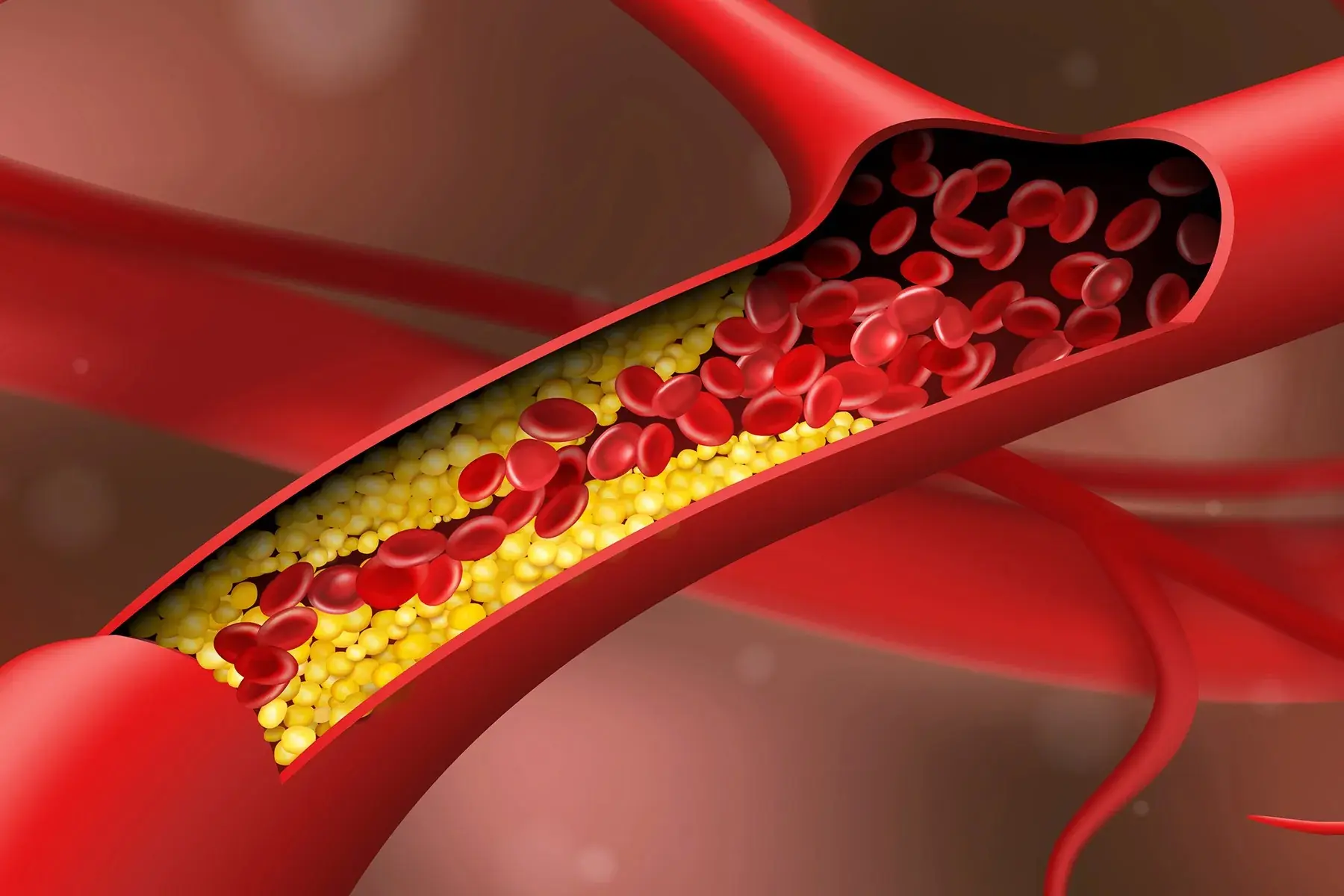
CLOGGED ARTERIES TRIGGER HEART ATTACKS AND STROKE EAT THIS TO HELP UNCLOG YOUR ARTERIES
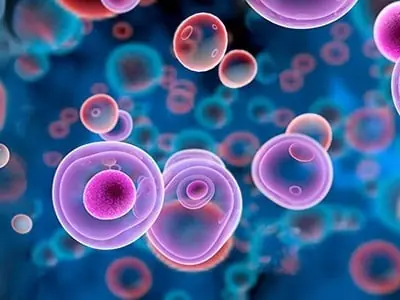
How Water Fasting Triggers Powerful Cellular Healing and Reveals Surprising Long-Term Benefits
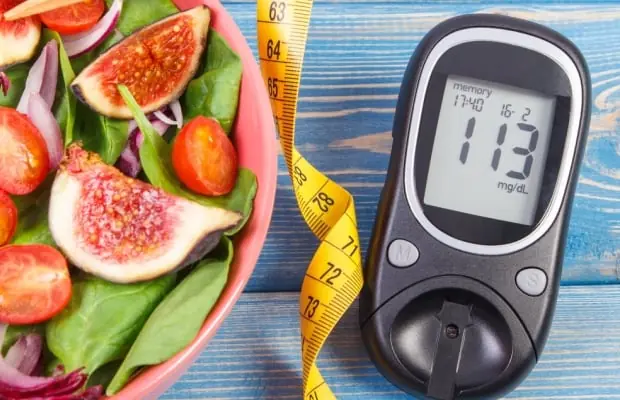
5 Hidden Signs Cataracts Are Already Affecting Your Eyes (and How to Stop Them After 60)
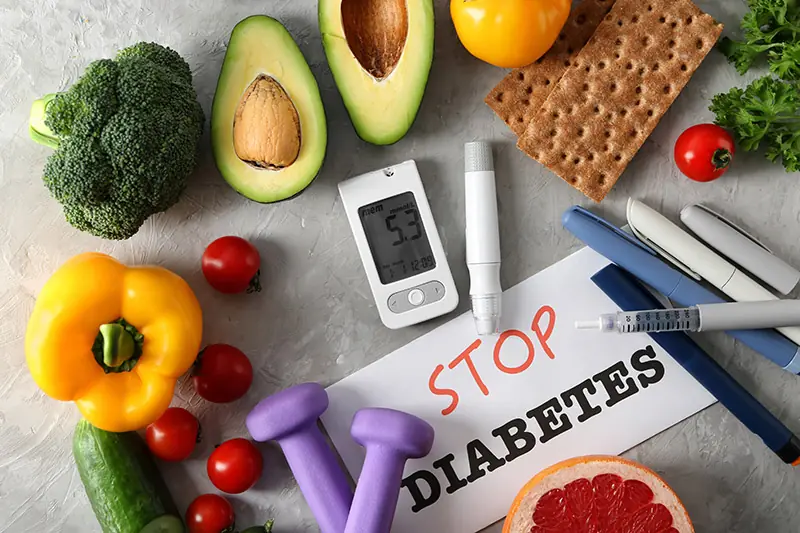
90% of Diabetes Cases Could End If You STOP These Foods

Drink One Cup Daily of Mullein Tea to Cleanse Your Lungs of Phlegm and Toxins
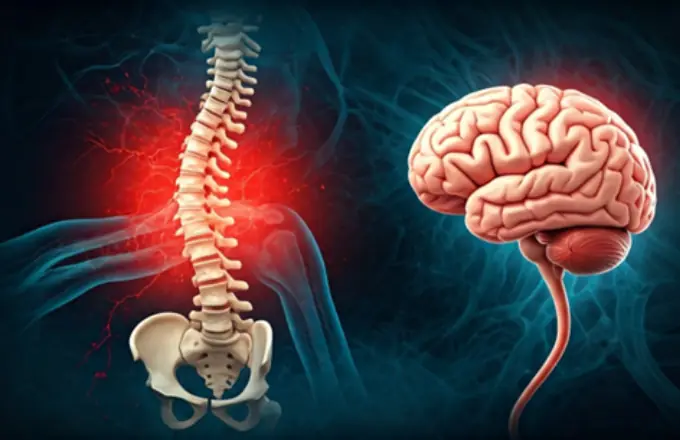
Agmatine: A Little-Known Nutrient for Fibromyalgia and Nerve Pain
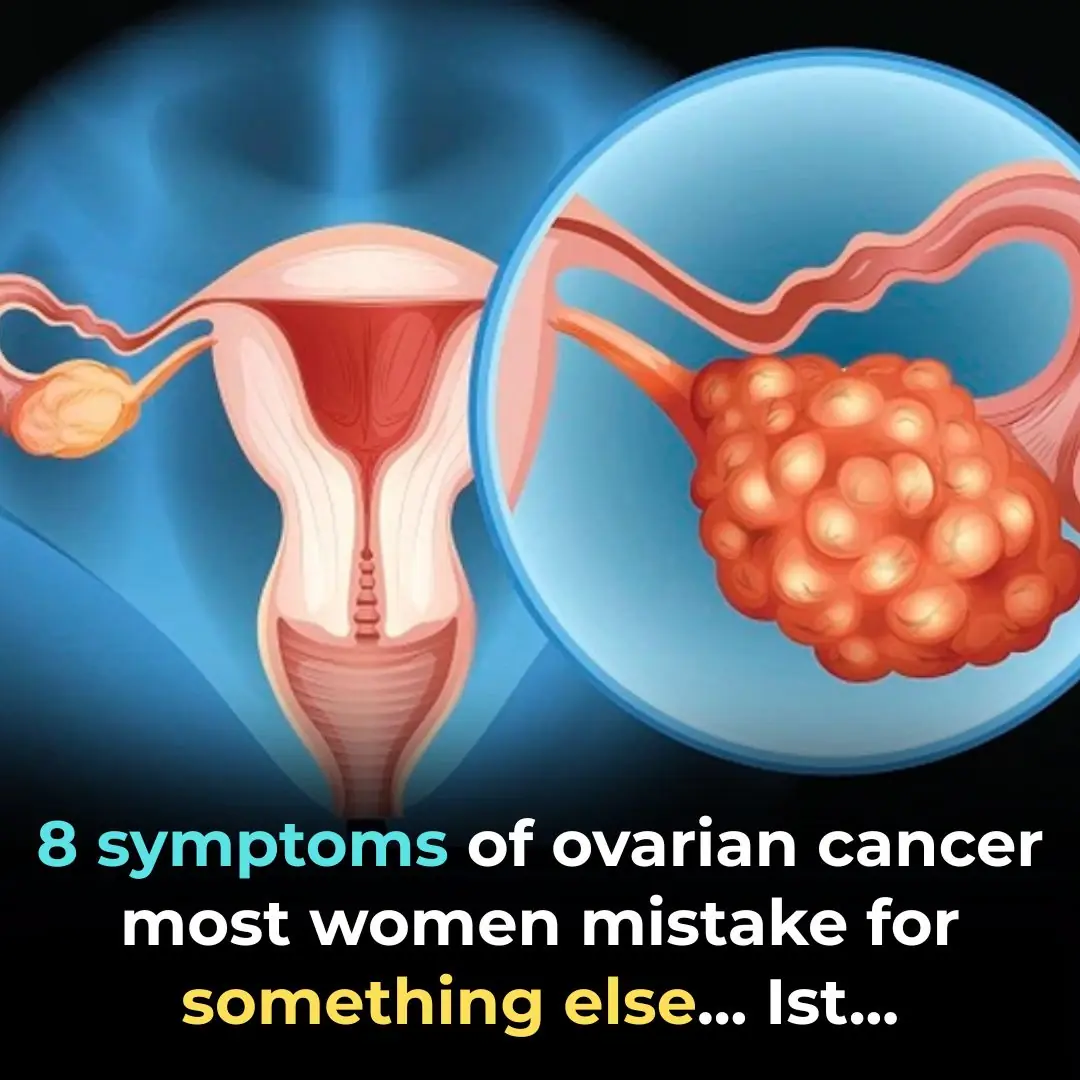
Top 8 Warning Signs of Ovarian Cancer Women ABSOLUTELY Need to Know
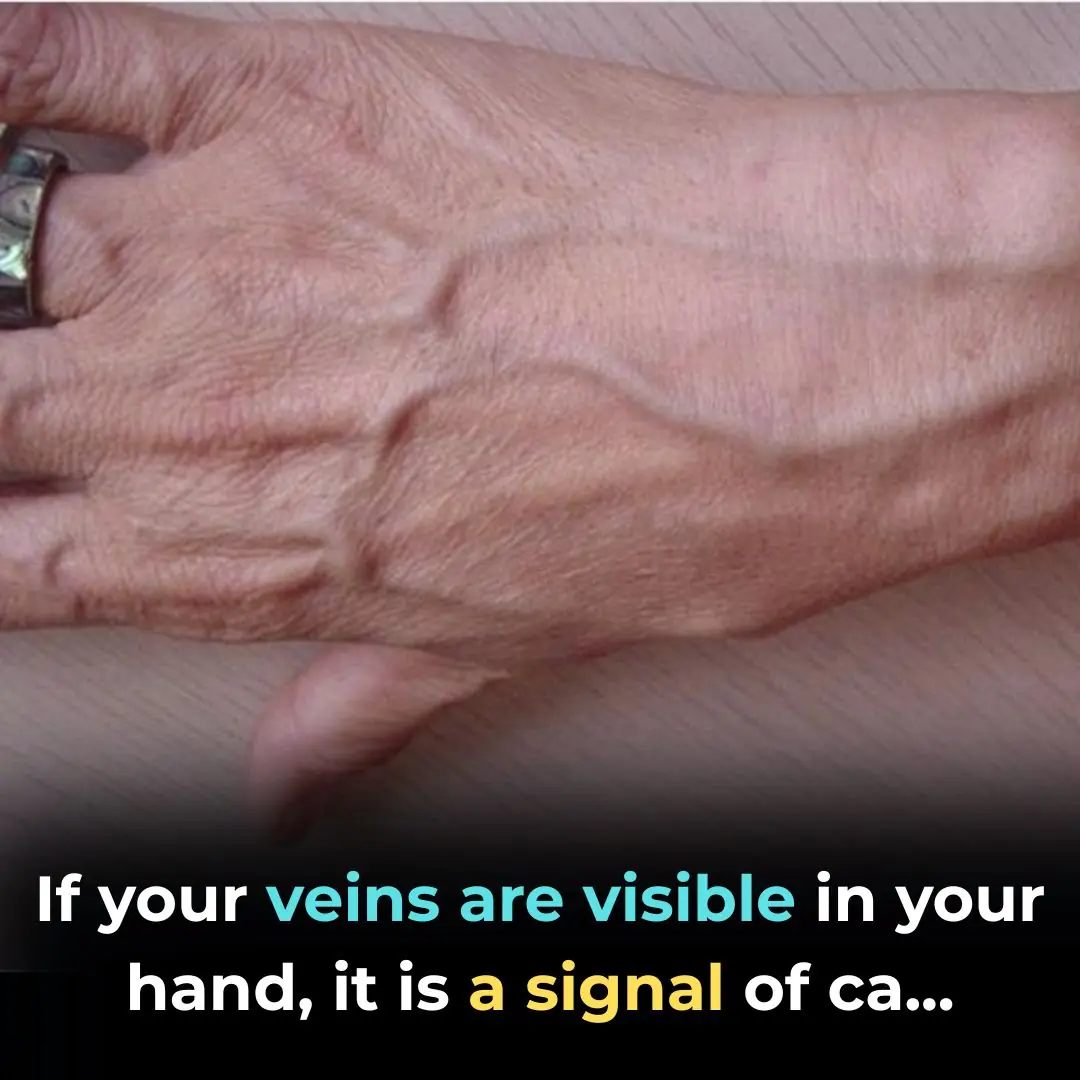
Visible Veins Explained: Normal Causes, Health Risks, and When to Worry

Canker Sores Are The Absolute WORST…Here’s How To Get Rid of Them Fast!
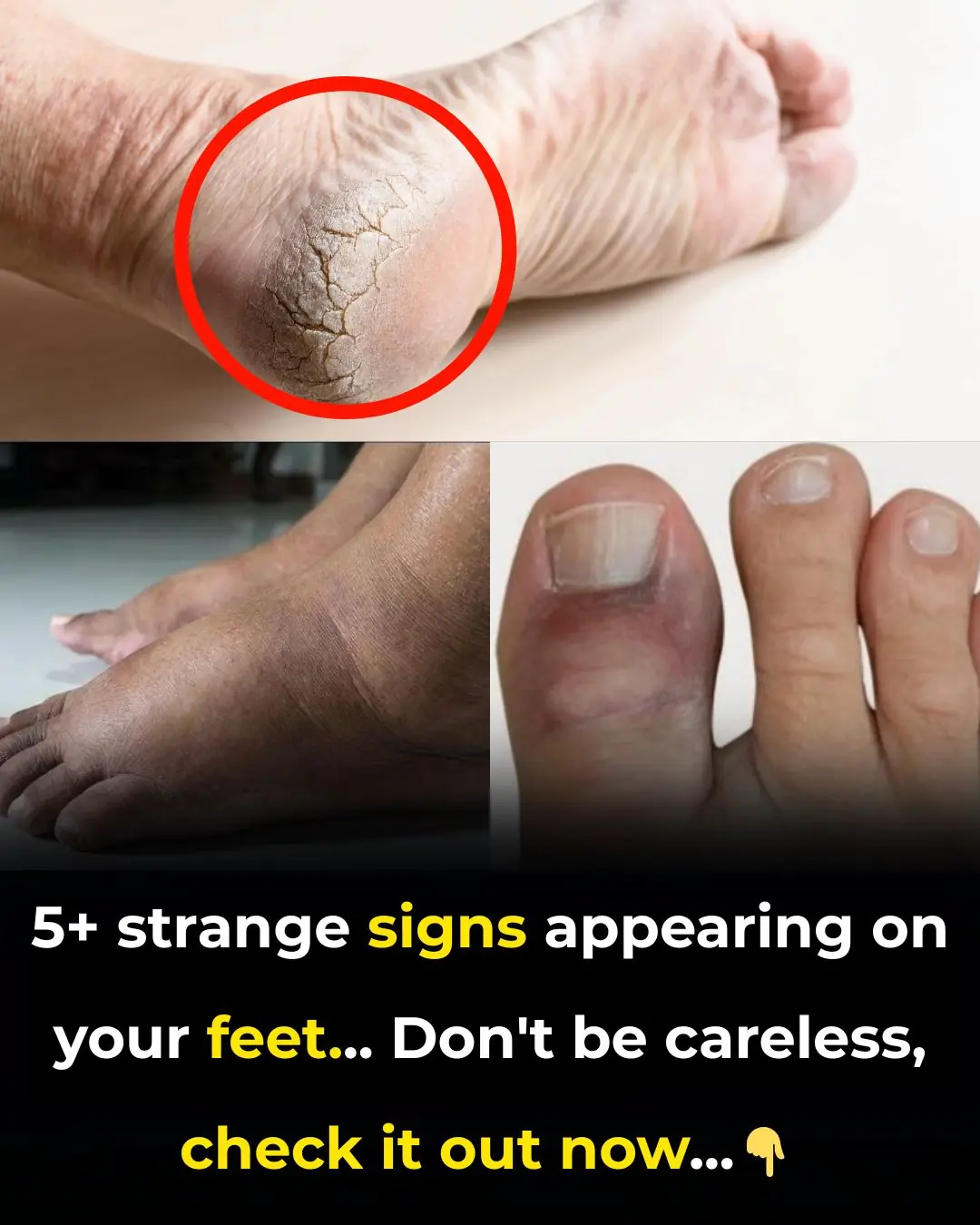
5+ Things Your Feet Can Reveal About Your Health (That You Shouldn’t Ignore)
News Post

A Gentle Giant Named Valor: The Dog Who Chose Love Over Fear

Barnie’s Long Wait: A Tale of Hope, Patience, and Unconditional Love

Willie Ortiz: The Quiet Hero Who Feeds the Forgotten

A Love That Lasts a Lifetime

A Love That Transcends Time: A Valentine’s Date Beyond Goodbye

The Bear Who Knew How to Relax.

A Simple Meal, A Profound Act of Kindness.

An Entire Dog Family Was Thrown Away — Dad, Mom, Three Daughters, and Even Grandma

This Mystery Animal Was Found by the Dumpster — Dog, Coyote, or Something In Between?

The Woman Who Rescued a “Puppy”—And Discovered She Had Raised a Wolf

Don’t Clean Your Rice Cooker with Plain Water: Use This Method to Make It Sparkling Clean in Just 5 Minutes
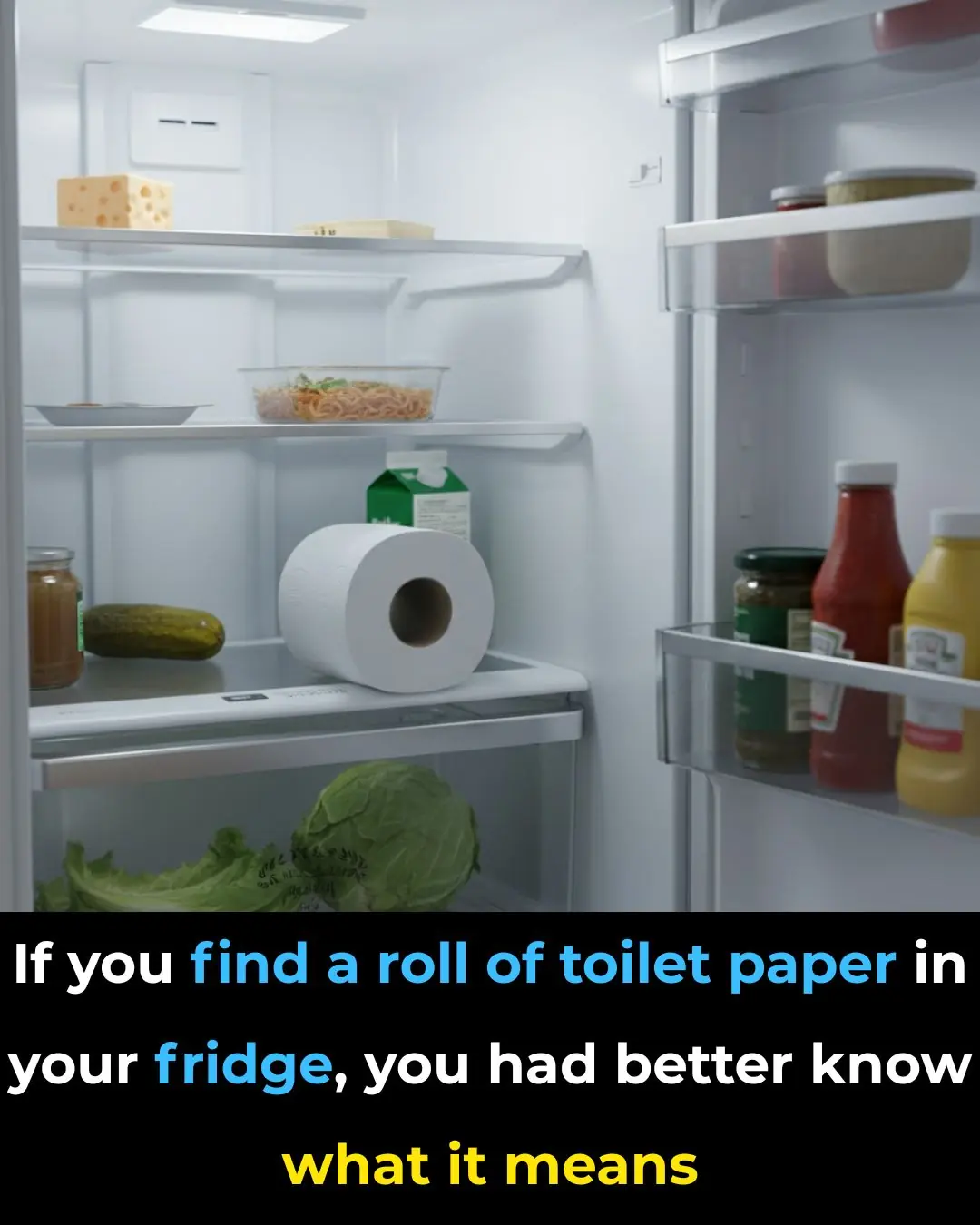
If you find a roll of toilet paper in your fridge, you had better know what it means

What Your Favorite Pie Says About You

Beautify with familiar ingredients available in every home
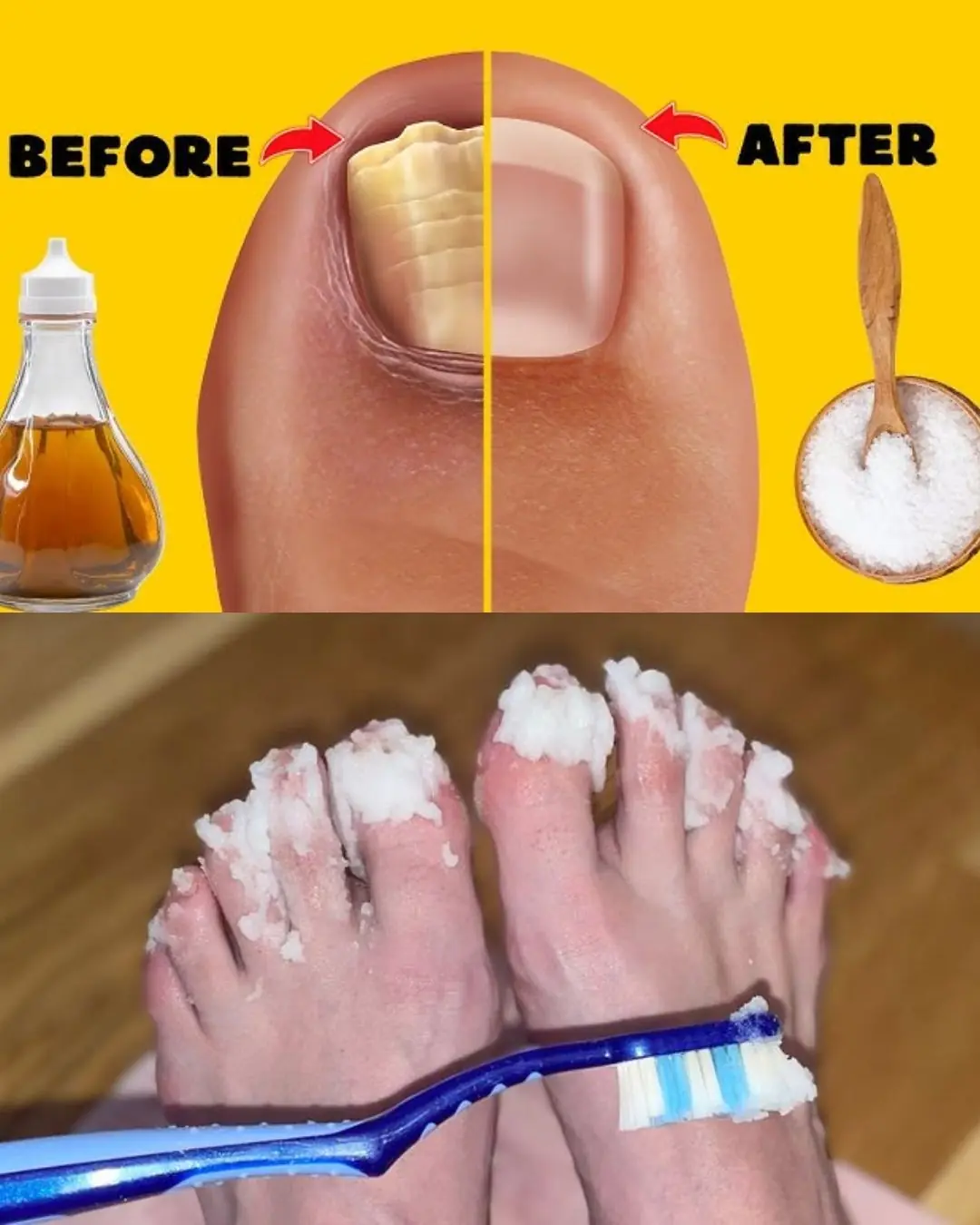
If you have nail fungus, try this natural cure; it goes away fast

Drink this before bed to balance blood sugar & stop nighttime bathroom trips!

Doctors reveal that consuming bananas at 11 am causes in

Fatty liver disease: 6 symptoms you need to know
